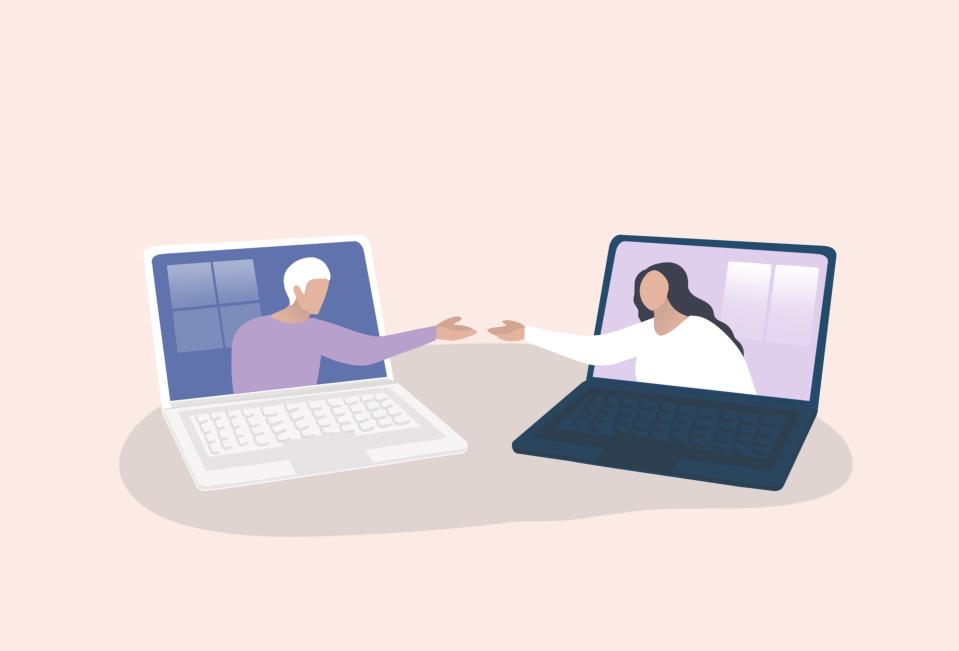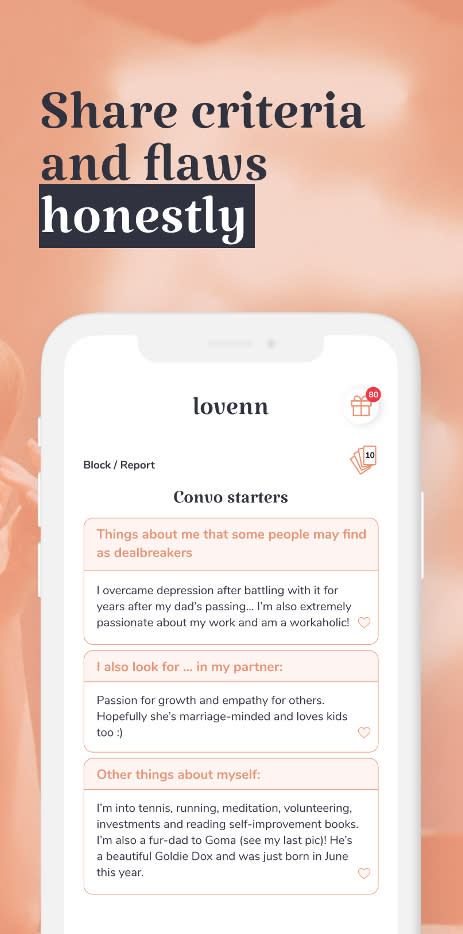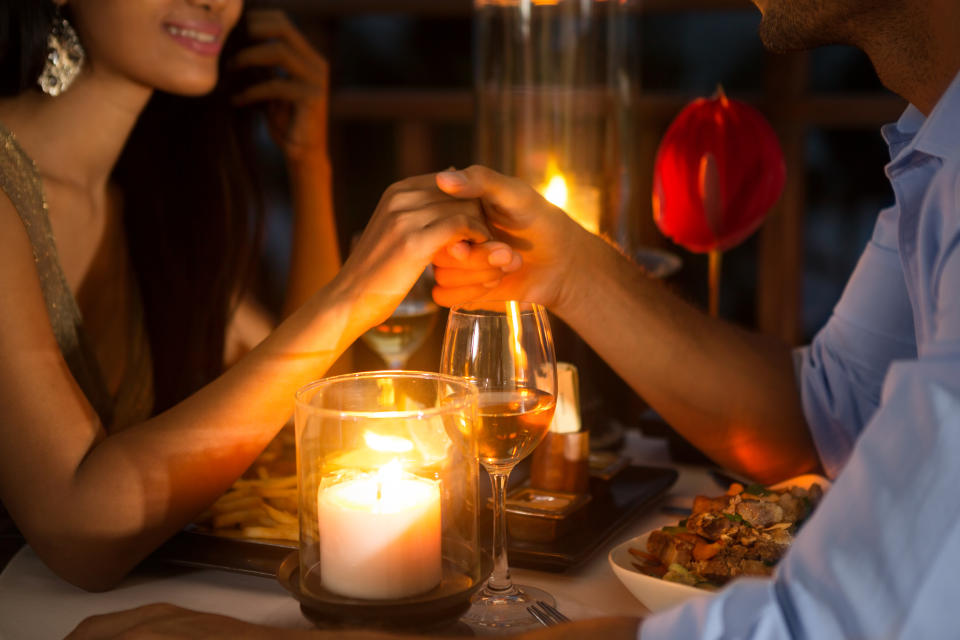Mental health and dating in the era of the Coronavirus

Here in Singapore, we are now allowed out again, but that doesn’t mean that the issues of mental health that arose during the Coronavirus lockdown and continue during our ‘new normal’, aren’t still having an impact on many lives.
According to a Statista Research Report on the state of mental health during COVID-19 isolation in Singapore that was released in May 2020, 20% of respondents said their mental health had got worse during Circuit Breaker.
Although the worst of the lockdown has ended for Singapore, workers are still feeling the strain. Another Statista Report on the mental health symptoms since the outbreak of the Coronavirus found that 54% of workers are feeling emotionally exhausted, 53% are feeling increased sadness in daily life, 50.2% are more irritable, and 42.9% generally feel more confused about everyday life.
These results show that recognising more of us are struggling, and that mental health issues need to be discussed more openly. Those of us who have experienced mental health issues, unfortunately, experience a certain amount of social stigma, particularly when it comes to meeting romantic partners.
But it should now be obvious that many more of us are fellow sufferers, and social understanding of these issues should be a part of our daily lives.
When you combine the effects of social and physical isolation with pre-existing anxiety around dating and socialising in general, and add in the stressors of social distancing, wearing masks and unemployment, you can end up with something of an emotional hot mess.
Add dating to that equation, and some of us feel like we’re going to be single and alone forever.

Reducing mental health stigma with a dating app
All of these concerns are the background to why Vernice Yap, 28, has recently launched a new Singapore dating app that is open about issues of mental health.
Yap is the founder and CEO of Lovenn, a new dating app that aims to reduce “mental health stigma” by creating “an honest dating environment where singles can share and learn about each other’s imperfections at the outset”.
“I battled with depression for years after my dad’s passing. It has been difficult for me to share this important part of my past in today’s superficial dating world. As a result, I swiped through 200,000 profiles and went on 50 first dates that didn’t work out.
“What if I only match with people who are open to understanding this part of me? Even if that number is 200 or just 20, it saves both parties so much time!” explains Ms Yap about where the idea for Lovenn came from.
“Numerous studies have shown that Tinder can affect its users’ mental health, self-esteem and body shame issues,” Yap continues.
“People swipe left or right based on the photos and short description that appears on the profiles, resulting in users typically basing their matches on looks. This judgement can lead to having a toll on people’s mental health and can make them feel unhappy about their body.
“Low self-esteem is a risk factor of a large number of mental health issues, including but not limited to depression,” she explains.

Dating during COVID-19
With all the pre-existing issues around dating in Singapore, did the additional upheaval brought about by the Coronavirus pandemic add more emotional stress to our lives? Perhaps not, says Yap.
“In isolation due to COVID-19, more singles turned to dating apps to make connections. Usage across dating apps increased by about 25%,” claims Yap. “Singles who are unable to date in person may realise the importance of taking things slower and learning more about one another through more meaningful connections.”
Dating and Mental Health Issues
“Existing dating apps are designed to keep you single,” says Yap, citing a PhD thesis on the psychology of heterosexual people who use dating apps by Kenneth Hanson, who found that “companies that run dating apps have a vested interest in keeping their users option paralysed”.
Yap says that this attitude is echoed by Tristan Harris, the co-founder and director of the Center for Humane Technology, who states that “existing dating apps are competing to keep you swiping for as long as possible”.
So when it came to creating a safer dating space for people dealing with mental health concerns, Yap wanted to remove the need to run through the hoops of introductory steps, only to find that the other person was put off by what could be considered a major dealbreaker.
“[I want] our dating community to engage in meaningful conversations on topics that truly matter, reducing stigma against mental health and others. Of course, it’s not just for singles with disabilities. Lovenn suits all singles who appreciate honesty in dating to save each other’s time,” Yap explains.

A waitlist of thousands
Since Lovenn is focused on creating an environment that supports people with mental health concerns, Ms Yap has found substantial support from organisations that are looking for innovative ideas around normalising issues of mental health in Singapore.
Enterprise Singapore, the Alibaba Cloud - Singapore University of Social Sciences Entrepreneurship Programme, and startup incubator Pollinate are all supporting Lovenn, although the app isn’t even live yet.
There is currently a waitlist of thousands of Singapore singles signed up via the app’s website, www.lovenn.co/invite, who will be given extra in-app credits once Lovenn launches later in 2020.
“Lovenn [allows] our dating community to engage in meaningful conversations at the very start, reducing stigma against mental health amongst others. Lovenn is for all singles who appreciate honesty in dating to save each other’s time.
According to Yap, a Lovenn survey of 300 single Singaporeans found that 79% wanted “honest sharing of criteria, dealbreakers and flaws as the starting ground for dating”.
“Normalising conversations on mental health and other meaningful issues is the first step to reducing stigma against them,” Yap says.
“We’re not just building a dating app - we’re creating a new dating environment to normalise honest sharing and help our users save time.”
To sign up to Lovenn, go to www.lovenn.co/invite.
SINGAPORE
For information about the Covid19 outbreak in Singapore go to https://www.gov.sg/features/covid-19.
If you are struggling with thoughts or feelings about suicide, contact SOS on 1800 221 4444 (24hrs). If you have concerns about mental health issues, contact Emergency Helpline (IMH) on 6389 2222 (24hrs). For more information and help dealing with mental health issues, go to www.healthhub.sg/findhelp_servicesformentalhealthsupport.
MALAYSIA
For information about the Covid19 outbreak in Malaysia go to http://www.moh.gov.my/index.php/pages/view/2019-ncov-wuhan.
If you are struggling with thoughts or feelings about suicide, contact Lifeline on (+603) 4265 7995 (24hrs). If you have concerns about mental health issues, contact the Malaysian Mental Health Association on (+603) 7782 5499. For more information and help dealing with mental health issues, contact the Befrienders on (+603) 79568144 or (+603) 7956 8145; or go to www.befrienders.org.my.
PHILIPPINES
For information about the Covid19 outbreak in the Philippines go to https://www.doh.gov.ph/2019-nCoV.
If you are struggling with thoughts or feelings about suicide, contact Lifeline on (02) 8969191 or 0917 854 9191. If you have concerns about mental health issues, contact the National Center for Mental Health (NCMH) Crisis Hotline on 0917 899 8727 (USAP) and 989 8727 (USAP). For more information and help dealing with mental health issues, go to the National Center for Mental Health at ncmh.gov.ph.

